Finding your rhythm | Stories
Why does the shift from winter to spring affect our minds? What rhythms and routines should we follow and which should we challenge?
Read moreThe return of spring; darkness giving way to light. The seasonal cycle and spring equinox have us thinking about daily, periodic and biological rhythms – from sleep to eating to the rise and fall of the tides.

Why does the shift from winter to spring affect our minds and bodies? What are we sensing and responding to? And when is listening to our natural rhythms crucial, and when is it good to disrupt the routine?
Drawing on a conversation with Devon-based poet and naturalist Anna Selby and articles by Russell Foster, professor of circadian neuroscience at Oxford University and Head of the Sleep and Circadian Neuroscience Institute, we’ve landed on three rhythms to follow, and three to break…

Engaging with nature and new life lifts our mood. So give in to the call of the outdoors and go watch those seasonal rhythms at play.
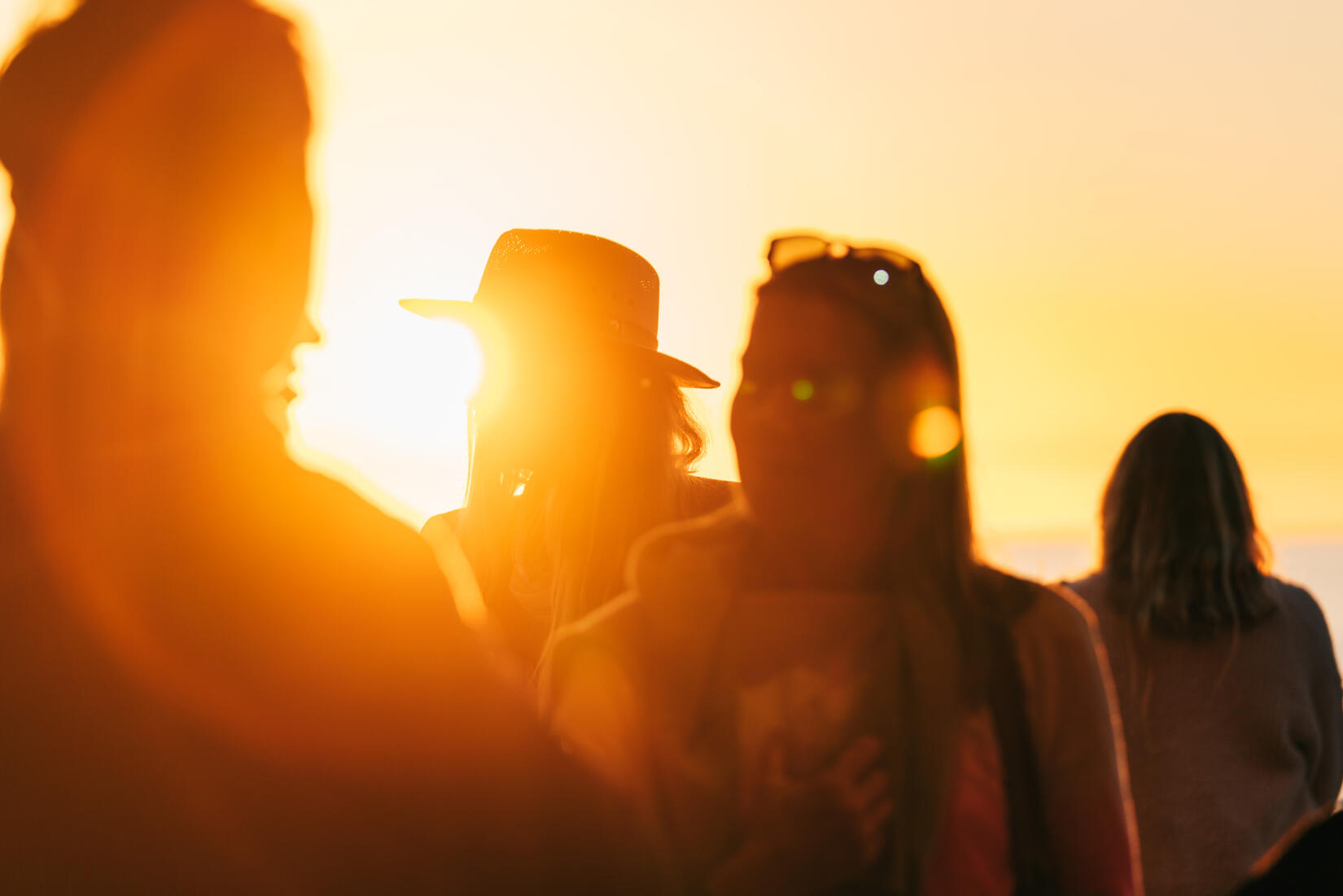
In England everyone seems noticeably happier when they start to feel the warm sun on them again – it’s a turning point.
— Anna Selby
“There’s so much joy for me when the swifts, house martins and cuckoos return and I hear them screeching in the sky,” says Anna. “And in noticing the scent of the flowers after winter – the sudden appearance of colour with snowdrops, hyacinths, daffodils and primroses."
“On the coast, there are whole beaches and sections of coast path to yourself at this time of year. Nothing compares to the uninterrupted expanse of sky and sea. There’s something enlivening, but also soporific, about fresh air and the waves – and the sea is still a little wilder in springtime.”

The choice between dawn or dusk matters, depending on whether you’re a lark or owl. Research shows that, typically, students are more active late afternoon and evening, and each time they take a hit of evening light, they reassert the nocturnal patterns. Whereas others who wake early will cement their ‘morning person’ status through routine exposure to morning light.

Because the sunrise and sunset aren’t too early or too late at this time of year, they’re easier to experience.
— Anna Selby
Whichever your inclination, just 30 minutes of daily light exposure can aid your body’s functioning. Planning some respite that includes long sunrise or sunset walks on the beach is the perfect way to let your body reset and find its natural groove again.
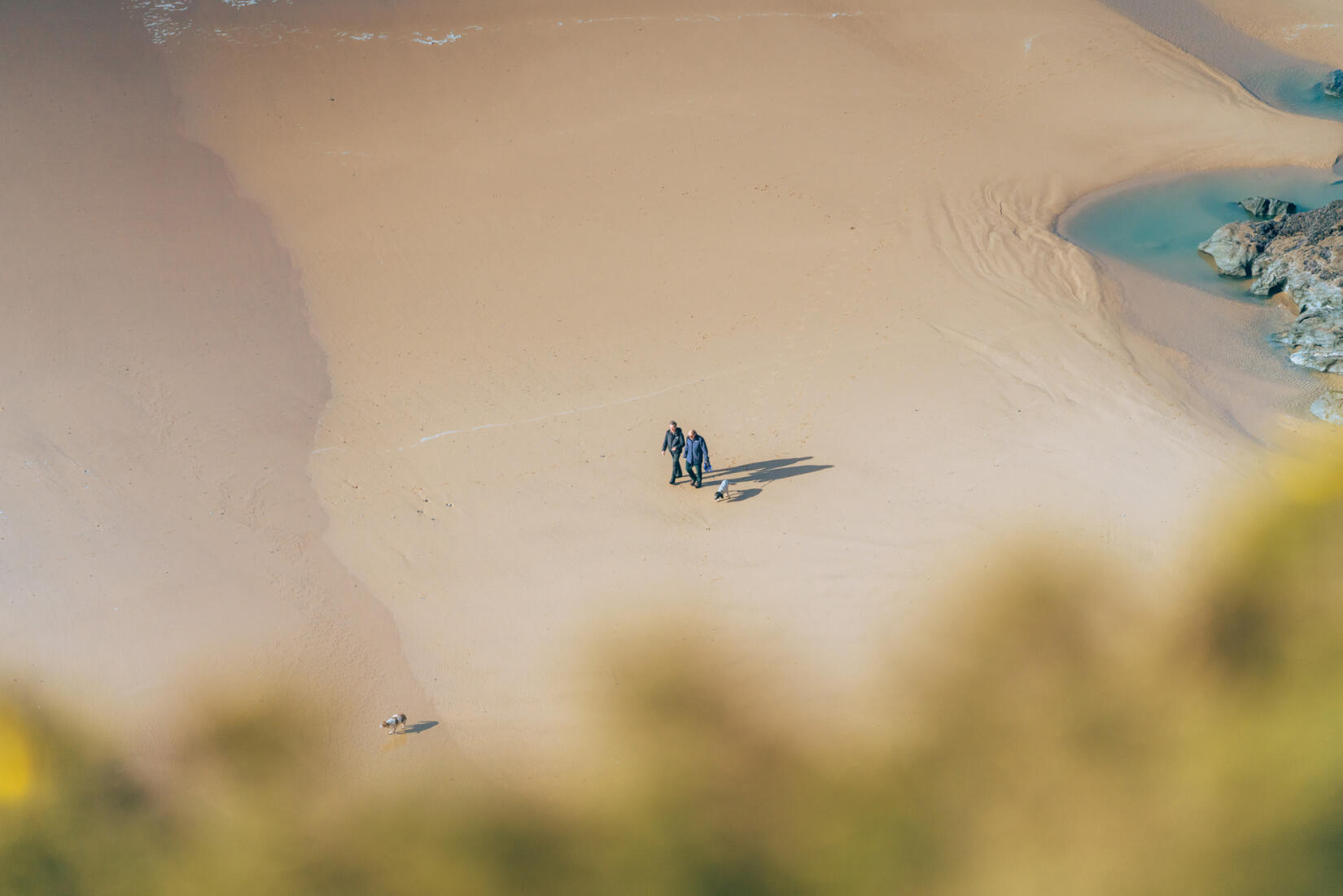
The yearned-for sweet spot of ‘eight hours of sleep a night’ is just an average, argues Professor Foster. Someone who sleeps for eight hours each night rather than six or ten isn’t necessarily going to be better off. Sleep needs are individual – some people need more, some need less.

Your sleep pattern at the weekends or when you go on holiday is a good way to unmask your true sleep needs.
— Russell Foster
What’s true is that poor sleep severely impacts concentration, memory, mood and energy levels, and can worsen irritability, anxiety and depression.
If you’d like to discover how much sleep your body actually needs, take some time out and ditch your alarm clock for a few days. [Warning: sleeping to the sound of the waves may influence the outcome of this experiment…]
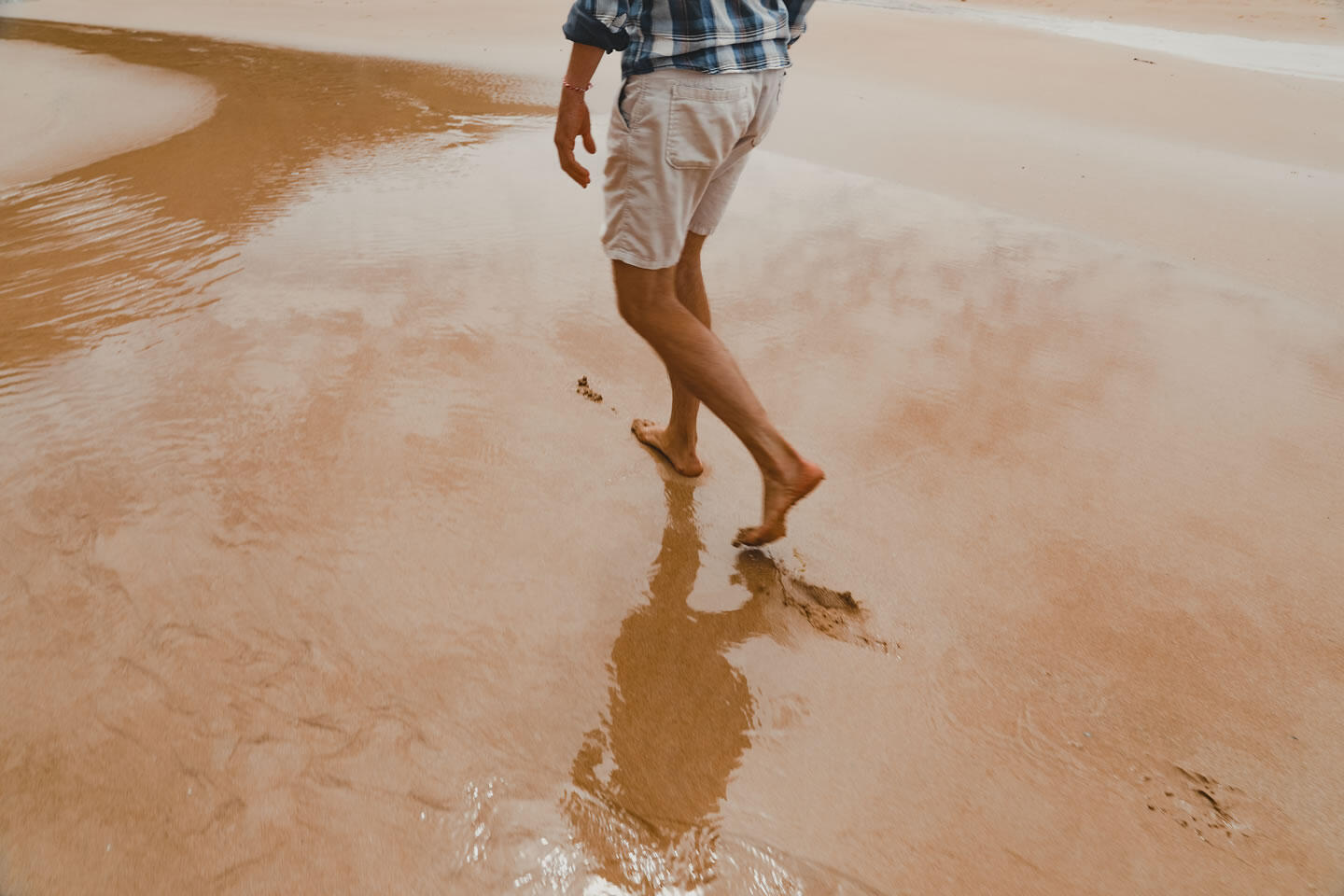
While a familiar routine can be a practical necessity that also reassures, there can be side effects – like feeling bored, and missing out on new sights, experiences and sensations.
I really love not knowing what’s in each day
— Anna Selby

Excessive routine can also increase anxiety and worsen our ability to adapt to life’s curveballs. Which is why for so many, changing pace and scenery when travelling can feel so energising, liberating and even empowering.
For Anna, deliberate disruption comes in the form of her ‘spontaneity days’. “Once a month, I’m not allowed to plan anything at all,” she explains. “I have to wake up and see what I want to do at each moment. When I lived in London, I’d go to the train station, pick the next train, get on it, and see what happened. It provided such a magic feel – it felt like being a child again, when you weren’t fixated on knowing what’s going to happen.”
Can you remember the last time you didn’t research the route, read the reviews beforehand, and know exactly what was happening and when? Follow Anna’s lead and make space to be more impulsive; reclaim that rejuvenating spark.
And when you’re away, listen to your own impulses – whether that’s guiltless hours curled up with a book, slipping off for a siesta, heading out to watch the tide come in, or ordering an afternoon cocktail. It’s up to you – just don’t overthink it.
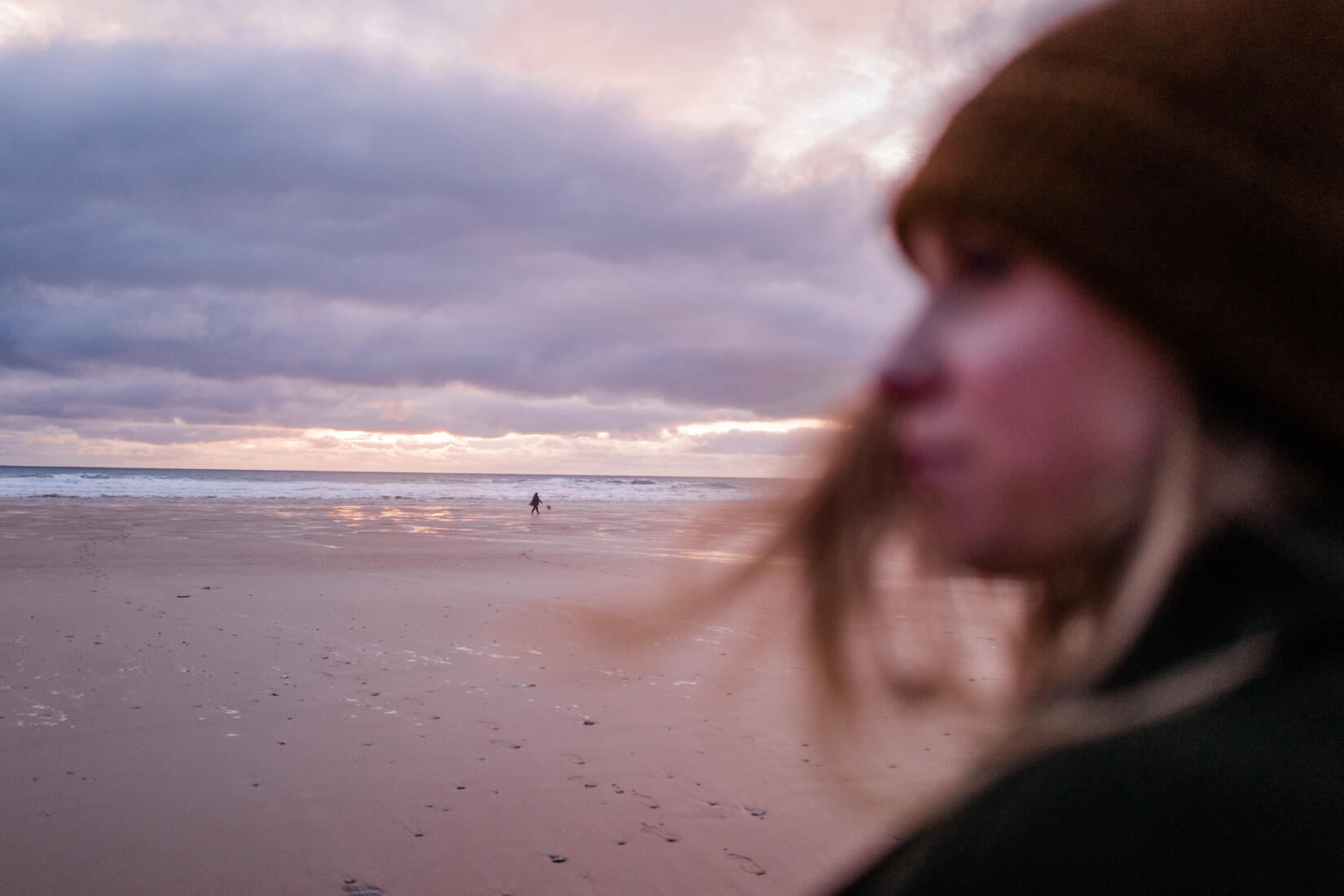
You may have heard that lunches should be larger than dinners? And that breakfast is the most important meal of the day?
Well circadian science is behind this. Eating too much at inappropriate times of day can cause signals between the SCN and the ‘peripheral clocks’ which activate the body’s circadian rhythms to conflict with one another.
Maimonides said: ‘Eat like a king in the morning, a prince at noon and a peasant at dinner’, and he got it right.
— Russell Foster

In other words, heavy meals late at night make the body store that intake as fat rather than metabolising it, because the time of day has prompted organs to enter sleep mode rather than activity mode.
But blow-out breakfasts and lunches can be a marvellous thing – especially when you’re going to be active in the day. Make the most of hearty lunches and don’t feel guilty about lunchtime desserts – they’re great for loading up before a long walk, or refueling after a surf/swim session. And when dinner rolls around, opt for lighter dishes like fish and salads.
Thank goodness for breakfast waffles!
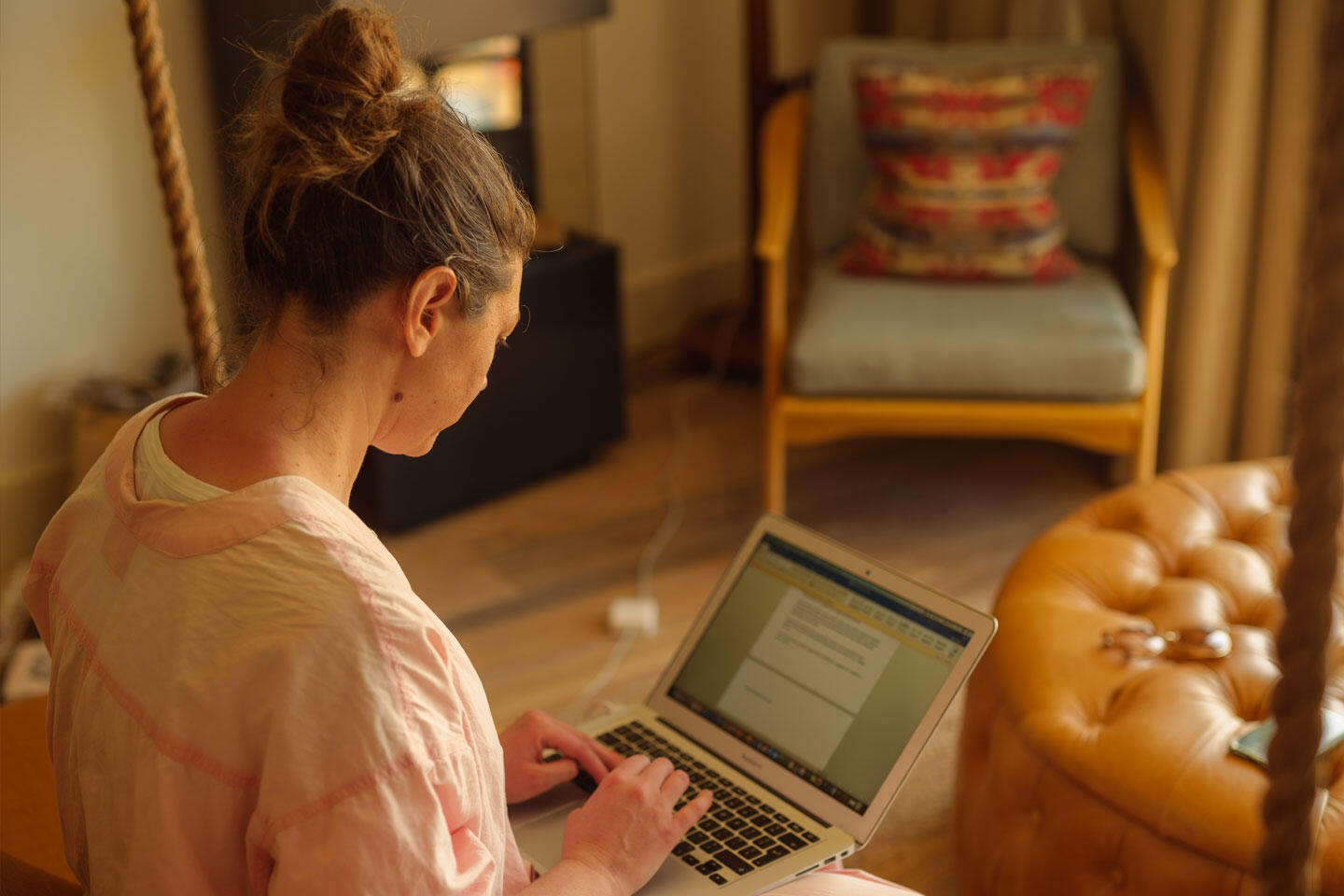
Before we lengthened our days with artificial light, darkness would prompt sleepiness and we’d obediently go to bed.
Nowadays, working long hours can be unavoidable. But regularly placing pressure to complete activity in the evening and night time may not be healthy or sustainable. As our cognitive levels dip significantly by the time it’s 3am, anything attempted at this time of night may not give great results anyway.
As our society becomes increasingly 24/7, and we squeeze more and more into an overcrowded day, our sleep has become the hapless victim.
— Russell Foster
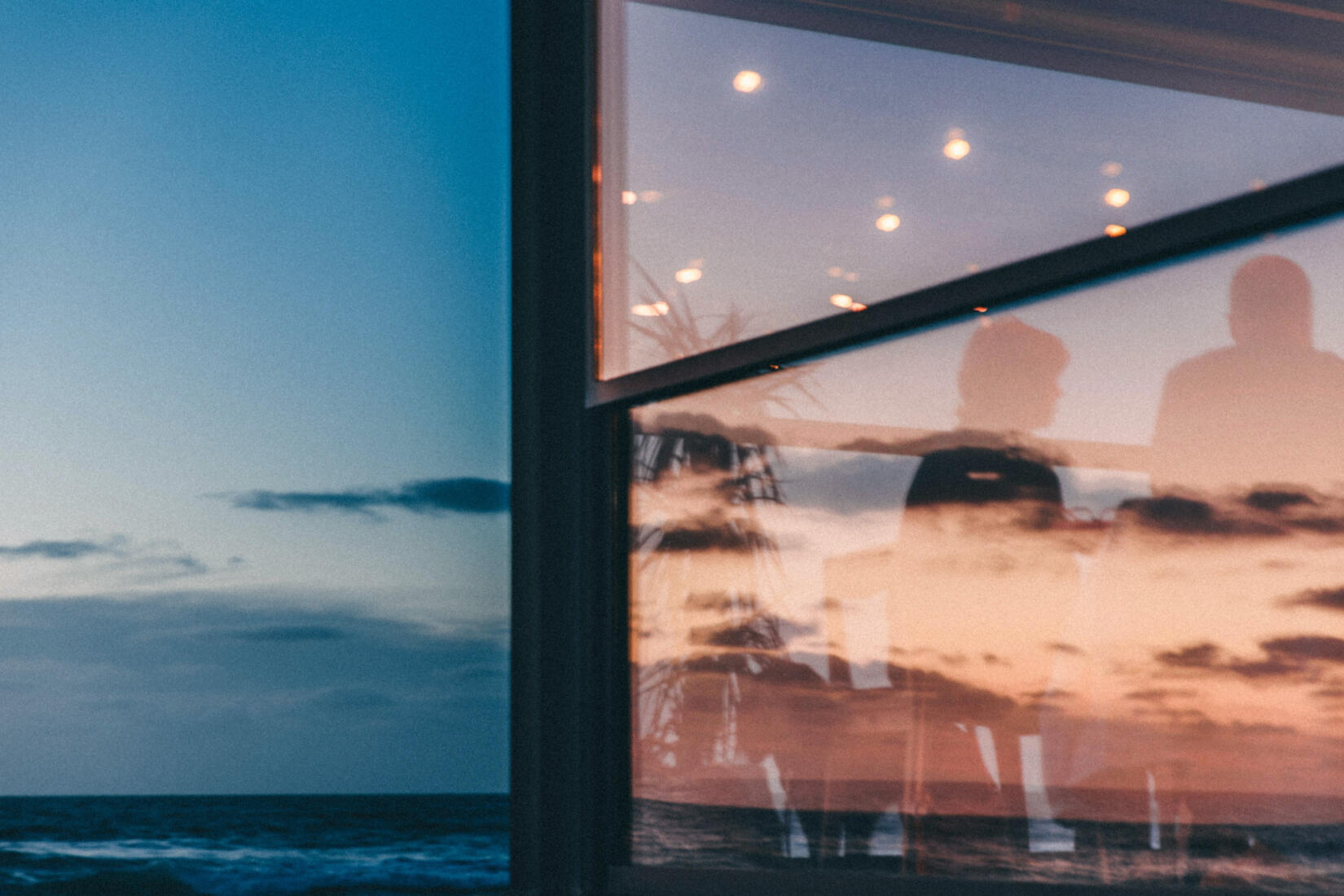
Book in time off to relieve the strain of long hours, tear up the to-do lists you usually reserve for evenings, and use your escape as a chance to simply get a good night’s rest after an exhilarating day.
We'd love to keep in touch and send you the latest news, events, competitions and offers from the Bay. Sign up to receive our e-newsletter.